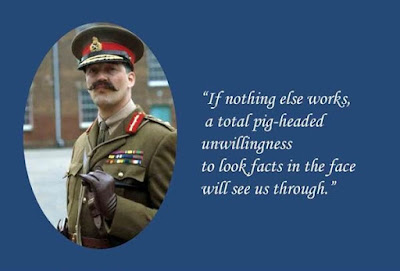Nature, that washed her hands in milk,
And had forgot to dry them,
Instead of earth took snow and silk,
At love’s request to try them,
If she a mistress could compose
To please love’s fancy out of those.
Her eyes he would should be of light,
A violet breath, and lips of jelly;
Her hair not black, nor overbright,
And of the softest down her belly;
As for her inside he’d have it
Only of wantonness and wit.
At love’s entreaty such a one
Nature made, but with her beauty
She hath framed a heart of stone;
So as love, by ill destiny,
Must die for her whom nature gave him,
Because her darling would not save him.
But time (which nature doth despise,
And rudely gives her love the lie,
Makes hope a fool, and sorrow wise)
His hands do neither wash nor dry;
But being made of steel and rust,
Turns snow and silk and milk to dust.
The light, the belly, lips, and breath,
He dims, discolours, and destroys;
With those he feeds but fills not death,
Which sometimes were the food of joys.
Yea, time doth dull each lively wit,
And dries all wantonness with it.
Oh, cruel time! which takes in trust
Our youth, our joys, and all we have,
And pays us but with age and dust;
Who in the dark and silent grave
When we have wandered all our ways
Shuts up the story of our days.
- Sir Walter Ralegh

















